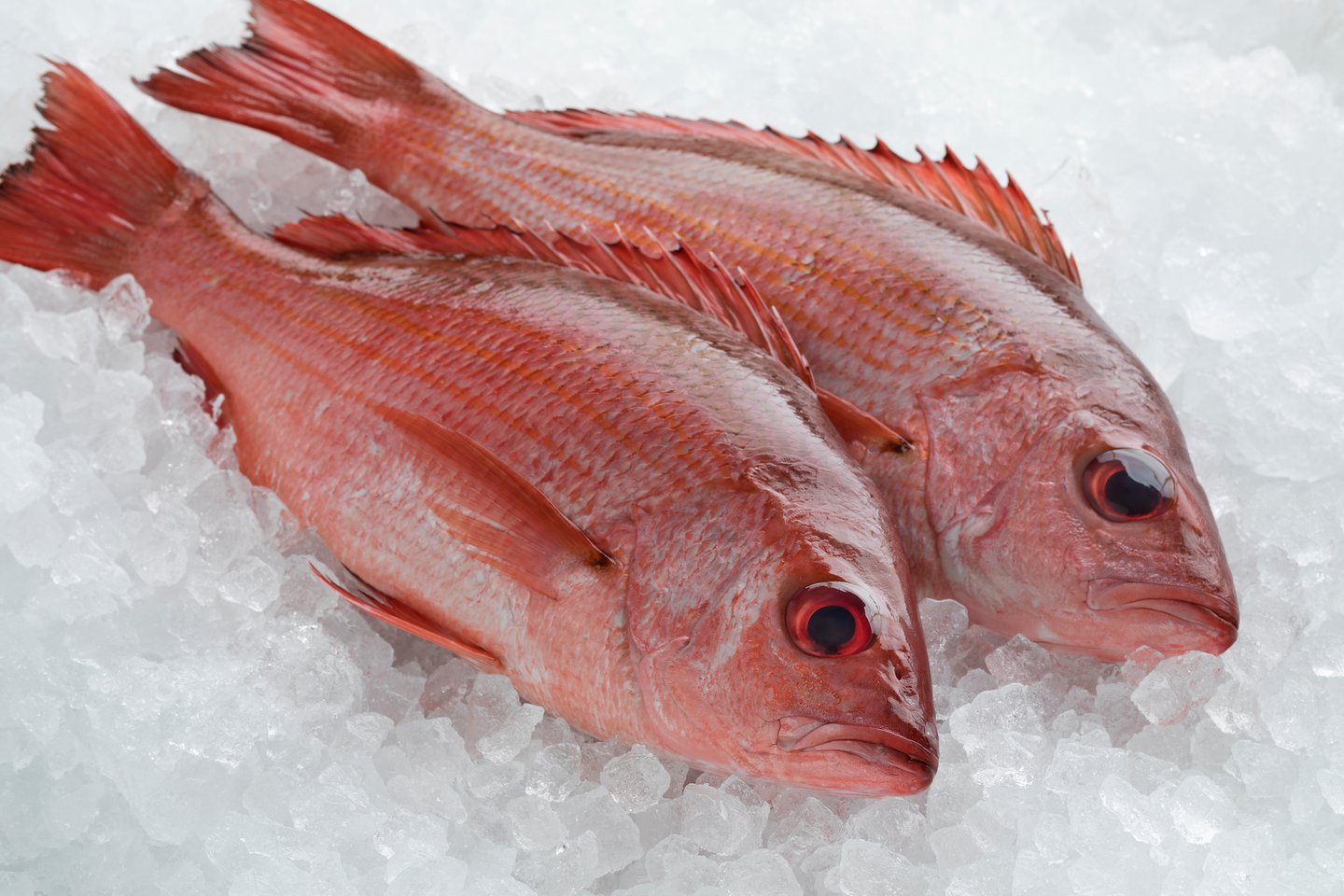Seafood fraud still a big problem in Canada
Do you really know what fish species you’re selling to your customers?
A new “DNA investigation” by Oceana Canada found that seafood fraud is still rampant in Canada. The charitable organization, which is part of an international advocacy group dedicated to ocean conversation, revisited some of the cities where it had previously sampled seafood from grocery stores and restaurants.
The new study found that 46% of the seafood samples from Halifax, Montreal, Ottawa and Ottawa and Toronto were mislabelled (43 out of 94). This is just one percentage point off from the 47% mislabelling rate found among 472 samples Oceana Canada tested between 2017 and 2019. The mislabelling rates by city were: Montreal: 52%, Ottawa: 50%, Toronto, 50%, and Halifax: 32%.
Key testing results include:
· 10 instances where products labelled as butterfish or tuna were escolar, which Oceana Canada says can cause acute gastrointestinal symptoms and is banned from sale in several countries.
· Among the 13 samples labelled snapper, seven were tilapia, which is a much cheaper species.
· All the samples of butterfish, yellowtail and white tuna were mislabelled (24 samples in total).
· One of the species of fish is not authorized to be sold in Canada.
Sayara Thurston, seafood fraud campaigner at Oceana Canada, says the good news is the federal government committed to implementing a seafood traceability framework in 2019, which would bring Canada more in line with widely accepted global practices.
“The commitment is there. Unfortunately, we’ve had some challenges since then,” she says. “The pandemic broke out shortly after that commitment was made, but it has been almost two years now. What needs to happen next is putting a timeline in place.”
Thurston adds that traceability systems are already in place in other markets. The European Union and United States have traceability systems in place and Japan is currently developing one. “So, it’s doable and not something we would be pioneering,” she says. Oceana Canada states that Canada does not require that seafood include information providing its origin, legality, or sustainability status. In addition, experience from other countries shows that “boat-to-plate” traceability regulations work to stop fraud and protect both consumers and the world’s oceans.
When it comes to grocery retailers’ susceptibility to seafood fraud, Thurston says consumers are less likely to find mislabelled products in grocery stores. In fact, the study found that the mislabelling rate among retailers was 6.5%, lower than the 25% combined average from Oceana Canada’s previous studies. The mislabelling rate among restaurants increased from 56% to 65%.
“Larger retailers have more purchasing power, more control over their supply chains, more consistent suppliers, and also more capability to put their own requirements in place compared to restaurants,” says Thurston.
“So, in this study and in other studies, we consistently find that restaurants are at higher risk for finding mislabelled products. But really what we need is a level playing field, and a mandatory regulatory solution is a level playing field where everybody has to meet those baseline requirements.”


